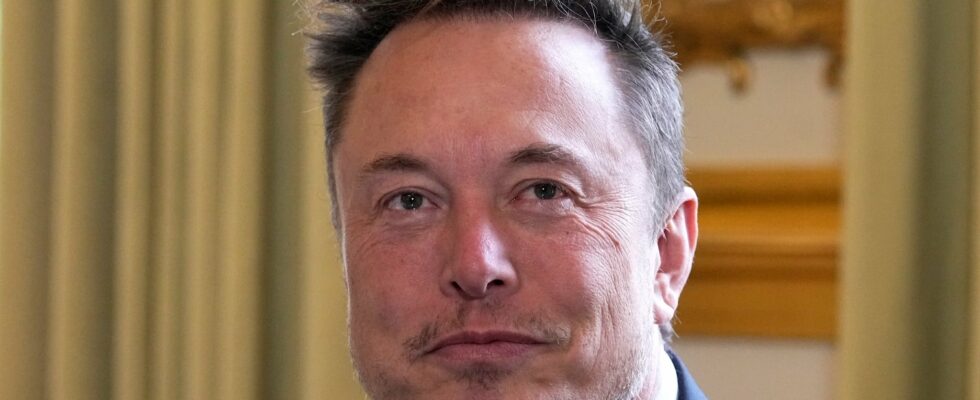For a long time, startupers have dreamed of being part of the famous “30 Under 30” from Forbes, this ranking which lists the young talents considered the most promising. But for some time now, this ranking has been the subject of as much covetousness as gibes. Because several of its winners turn out to be unworthy of the reward. Just last month, the FBI charged one of them, Joanna Smith-Griffin, founder of AllHere Education, with committing fraud against her investors to the tune of nearly $10 million. She faces a maximum prison sentence of twenty years if convicted. Joanna Smith-Griffin had been distinguished in the 2021 Forbes list. The previous year, she could have rubbed shoulders with Charlie Javice, founder of Frank, a start-up helping students finance their studies, acquired by JPMorgan Chase for 175 million of dollars. Except that the five million students that the entrepreneur claimed as customers were in fact only 300,000. Her trial will take place in February 2025 and she faces a maximum sentence of thirty years.
The Forbes list has become the object of recurring mockery because these two cases are not its only failures. She also singled out Sam Bankman-Fried, the founder of the crypto platform FTX who was subsequently sentenced to twenty-five years in prison. But also Martin Shkreli (MSMB Capital Management) convicted of monopoly and banned for life from the pharmaceutical industry. Or Trevor Milton, founder of Nikola Motor, an electric truck whose demonstration video was shot downhill, camera tilted, to give the impression that it was driving under its own power. Sentenced to spend eleven years behind bars, Elizabeth Holmes (Theranos) has never appeared on the “30 under 30” list, but she was the headliner of the Forbes Under 30 Summit.
Multiple comments have been made on the propensity for psychopaths among business founders and, more generally, managers. In 1941, Hervey Cleckley’s reference book, The Mask of Sanity [NDLR : Le Masque de la raison] defined psychopaths as a distinct type of person identifiable based on 16 personality traits and behaviors. The psychopath is charming but insincere, intelligent but remorseless. He lies shamelessly and acts impulsively. Most disturbing is that he is indifferent to the pain of others and experiences little emotion himself. He tends to have inflated self-esteem. Around 1% of people could meet the criteria for total psychopathy although it should be remembered that, eighty years after its definition, psychopathy is not an official diagnosis in the Diagnostic and Statistical Manual of Mental Disorders of the American Psychiatric Association.
A demonization that is not without risk
In 2010, Robert Hare, a criminal psychologist who established a link between psychopathy and violence, published a study entitled “Corporate Psychopathy: Talking the Walk“, which estimates that nearly 4% of a group of 203 managers have psychopathic traits. The media widely relayed these results. And personal development books riding on interest in the subject appeared. The archetypal psychopath of 21st century appeared as the white-collar criminal, from Bernard Madoff to Bill Hwang Popular series chronicling the lives of businessmen, such as. Succession with the characters of Logan Roy and his children, tended to highlight these character traits. The idea of the careerist psychopath, of which the term has evolved into sociopath in a toned-down version, has become so widespread that the habit has developed of thus diagnosing any successful person who is unsympathetic, such as Donald Trump Or Elon Musk.
This demonization of company founders and managers presented as mentally ill is not without risk. The assassination in early December of UnitedHealthcare CEO Brian Thompson by Luigi Mangione is a reminder of this. In the aftermath of this premeditated act, many Americans defended Mangione’s act, believing that Thompson, boss of a major health insurance company, was himself the psychopath, complicit in refusing or postponing necessary care. In a context of increasing wage inequalities, particularly in the United States, the popularity of these theses is not about to weaken.
.
